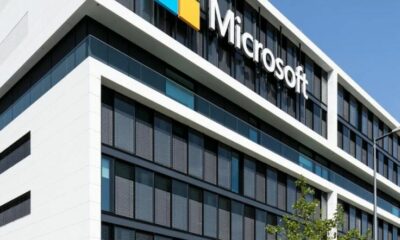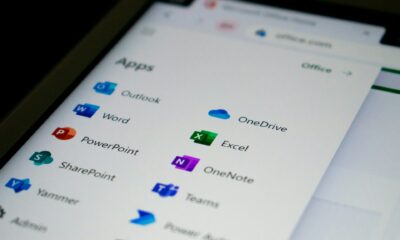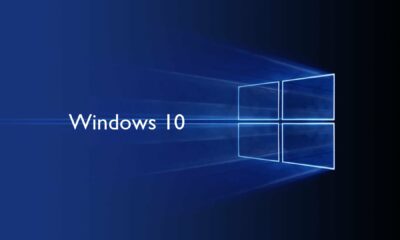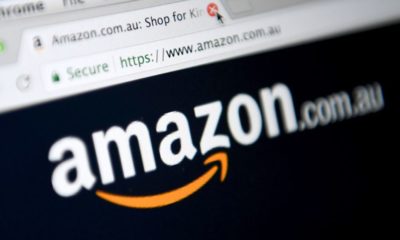Culture Craze
Microsoft ends Windows 10 updates this October: what it means for South Africans
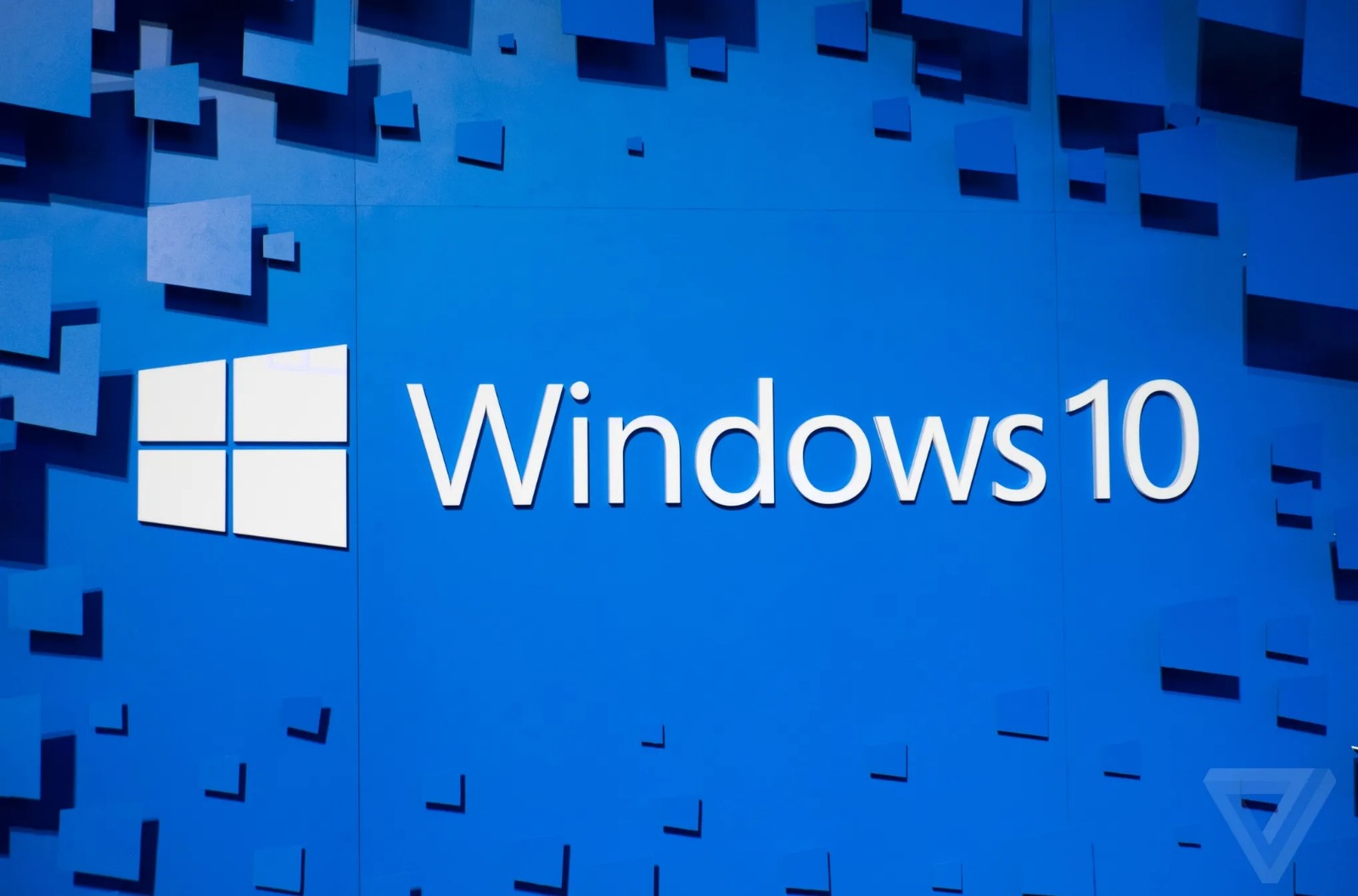
Microsoft pulls the plug on Windows 10
From 14 October 2025, Microsoft will no longer provide updates for Windows 10. That means millions of computers worldwide, including many in South Africa, will be left without regular security patches. For everyday users, this raises tough questions about safety, costs, and whether to upgrade or switch systems entirely.
Windows 10 has been around since 2015, and like all operating systems, it has been regularly patched to block cyberattacks. Without those patches, devices running the software will become increasingly vulnerable.
Upgrade pressure and the cost factor
Microsoft is urging users to switch to Windows 11, which launched in 2021. But there is a catch: not all existing machines can handle the upgrade. For those with older hardware, the company is offering a $30 one-year extension of security updates. Critics argue that this is an unfair extra cost for people who bought Windows 10 machines only a few years ago.
Consumer advocacy groups in the United States and Europe have been vocal. Organisations like Consumer Reports have highlighted how this move puts pressure on household budgets. In France, activists have even launched petitions calling for updates to continue free of charge until 2030, arguing that cutting off support too early is bad for both consumers and the environment.
The environmental angle
It is not just about money. Forcing millions of people to buy new computers could create a tidal wave of electronic waste. Recycling e-waste remains a major global challenge, and South Africa already struggles with illegal dumping and inadequate recycling facilities. Adding more old laptops and desktops to the pile could make things worse.
The scale of the problem
How many people are affected? Microsoft has not given an exact number. Independent researchers estimate that around 650 million people were still using Windows 10 in August 2025. Of those, as many as 400 million machines are thought to be incompatible with Windows 11.
That makes this one of the biggest software transitions in history, and millions of users will be caught in the middle.
What happens if you do nothing?
Sticking with Windows 10 after October is risky. Without updates, hackers will target it aggressively, exploiting vulnerabilities that will never be patched. Even installing the latest antivirus software will only buy temporary protection. As security experts point out, antivirus can slow down some attacks but cannot replace the role of system updates.
There is another problem too. As software developers build new apps and tools, they rely on updated operating systems. Over time, Windows 10 users may find that certain programmes no longer install or run properly.
What are your options?
For those who cannot or do not want to upgrade to Windows 11, alternatives do exist. One option is switching to Linux, an open-source operating system that powers everything from servers to Android smartphones. Linux can run well on older machines, and while it requires some learning, it is stable and secure when set up correctly.
For those willing to invest in new hardware, upgrading to Windows 11 will be the smoother path. Microsoft is banking on this transition to bring in new device sales, but the backlash shows not all consumers are happy with the way it is being handled.
A global debate with local impact
The end of Windows 10 support is more than just a tech story. It highlights issues of affordability, sustainability, and digital inclusion. In South Africa, where many households and schools rely on older machines, the transition could create fresh challenges.
Whether Microsoft adjusts its approach or not, one thing is certain: Windows 10 is on its final stretch. Users need to decide soon how they will prepare for life after October.
Also read: Why loaded water is trending in South Africa and how to make your own
Follow Joburg ETC on Facebook, Twitter, TikT
For more News in Johannesburg, visit joburgetc.com
Source: IOL
Featured Image: The Verge



